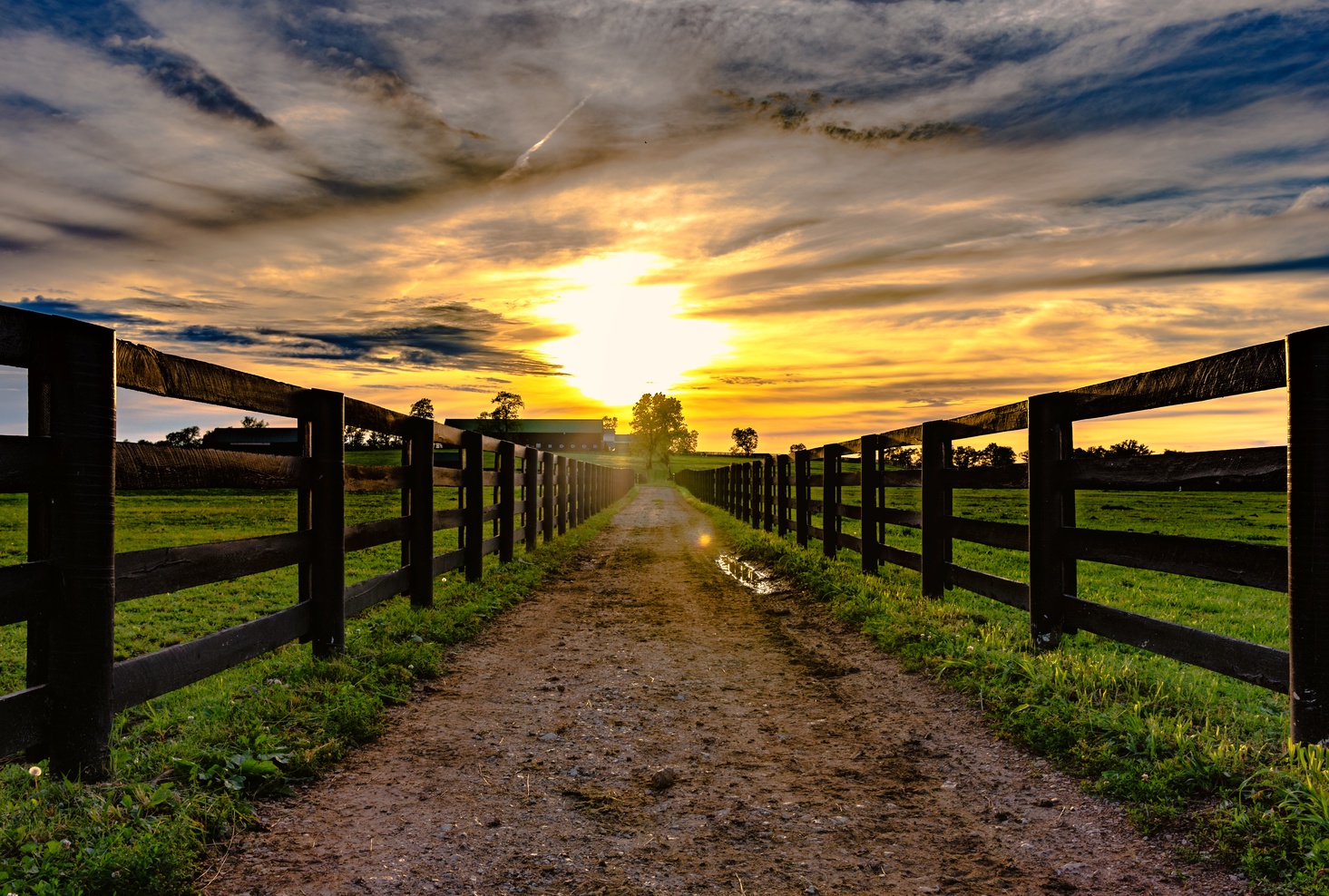
Birds and small mammals can wander into your horse property and cause all kinds of damage and disease. Here’s what ranch owners should know about keeping wildlife and strays animals away from their properties.
Why should you keep unwanted wildlife off your property?
Unwanted wildlife can damage property, attack livestock, or worse, spread disease by passing along bacteria and other pathogens that cause the following:
- Leptospirosis – This disease can cause blindness, fever, abdominal pains, and mid- to late-term abortion in pregnant horses.
- Hantavirus – A rare lung disease that affects horses and can be passed to humans.
- Rabies – This virus can be spread via animal bite and can cause death in mammals.
Examples of unwanted wildlife that can cause damage to your property, leave droppings, disrupt the ecosystem, or harm your horses include:
- Feral hogs
- Moles
- Nutria
- Racoons
- Egrets
- European starlings
However, not all wildlife that can be found in and around equestrian properties are harmful.
The barn swallow, for example, is considered desirable as it preys on soft-bodied flying insects, keeping properties free of these pesky critters. The same goes for the barn owl, which feeds on rodents, helping keep ranch properties pest-free.
Tips for keeping unwanted wildlife away
When it comes to managing wildlife on your equestrian property, the Wildlife Center of Texas reminds ranch owners that prevention is better than cure.
Trapping and relocating unwanted wildlife is not an effective long-term solution, since a property that is attractive to wild animals will never be completely clear of unwanted wildlife.
Instead, they recommend habitat modification and exclusion to minimize conflict between farm animals and unwanted wildlife.
You can modify your equestrian property through the following ways:
- Make the property inhospitable or less attractive to unwanted wildlife by removing places to hide – keep the grass and bushes trimmed and clear away dried leaves, brush, rock piles, trash, and clutter.
- Don’t feed horses and pets outdoors. If you must feed them outdoors, don’t leave horse feed and pet food out overnight. Disposes of any leftovers after feeding outdoors.
- Don’t feed unwanted wildlife.
- Remove other food sources by keep trash cans and feed bins tightly covered.
- Treat grass with nematodes (a type of worm that eats larvae) or stake hardware cloth over grassy areas to prevent digging.
- Bury hardware cloth about six to 24 inches into the ground to keep unwanted wildlife from digging under fences and structures.
- Deter birds from roosting by installing spikes or angled sheet-metal on ledges.
- Inspect structures for exterior holes and lifted shingles that serve as entry ways for unwanted wildlife and make repairs immediately.
- Encourage the presence of animals that prey on specific kinds of unwanted wildlife, or animals that compete for the same food source.
As a real estate professional and member of local equestrian community, I can provide access to the best equestrian communities in North Texas. Contact Sarah Boyd & Company to find your very own equine property today. You can contact us here. You can also reach out at 2146.494.403 and Sarah(at)SarahBoydRealty(dotted)com.
